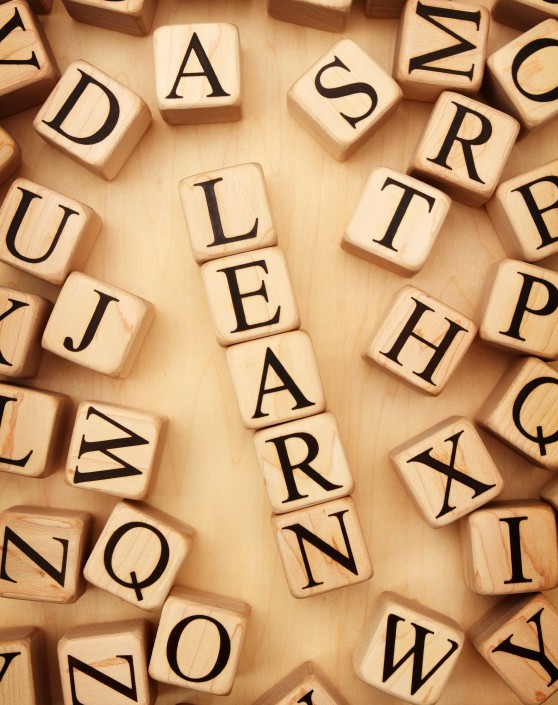

What words should students be taught?
One of the most frequent requests we receive is for a list of words that students should be taught in each grade level. The quick answer is that students should be taught a rich mixture of academic, content, and support vocabulary in every grade.
But what specific words should they be taught? That takes a little more explaining…
Sight Words
Most teachers and classrooms start out teaching the Dolch word list compiledby Edward William Dolch, a major proponent of beginning reading instruction. His list was prepared in 1936 and was originally published in his book Problems in Reading in 1948. (Some of the nouns he suggests are a bit outdated for today).
The Dolch word list provides teachers with 220 words and 95 nouns that students should learn from pre-school to Grade 3. And while that is a great start, research tells us that the full number of words students should know by grade 3 is closer to 20,000 (Anglin, 1993).
Academic Vocabulary
So, what other words are important for students? Well, in a classroom sense, academic vocabulary is important for students to know in order to be successful on tests and in the classroom. A sample of the types of academic words students should know for each grade (K-2) is listed below. These lists only lengthen and increase in difficulty as the grades ascend.
Kindergarten |
First Grade |
Second Grade |
| alphabet | author / illustrator | adjective |
| back cover / front cover | blends | composition |
| date | capitalization | conversation |
| drawing | chapter | dictionary |
| fairy tale | character | discussion |
| first name / last name | complete | everyday language |
| follow / give directions | comprehension | fiction |
| letter | consonants/consonant blends | folktale |
| letter – sound relationship | create | glossary |
| listening skill | describe | group discussion |
| number word | direction | guest speaker |
| picture book | fantasy | main character |
| picture dictionary | final | main idea |
| poem | illustrate | margin |
| initial | mental image | |
| retell | language | message |
| rhyme | magazine | nonfiction |
| sight word | order | noun |
| sign | predict | predictable book |
| speech | punctuation (basic) | prewriting |
| title/title page (introduction) | questions | pronoun |
| word | reality | publish |
| word families | syllable | purpose |
| symbol | reread | |
| upper case/lower case | spelling pattern | |
| vocabulary | table of contents | |
| vowel (long/short) | textbooks | |
| theater | ||
| verb (action word) |
Putting it All Together
But again, this academic word list does not get us to the requisite 20,000 words by 3rd grade, so DataWORKS compiled a list of words that teachers could use in the classroom. The basis of this list is Robert Marzano’s word list.
Marzano’s list is described as a list of “school” words since the words were specifically taken from actual textbooks and literature books school children commonly read. In addition, he compiled a second set of 17,000 words taken directly from common standardized tests.
Marzano’s combined list of book words and standardized test words came to 30,371 words. These words were then edited to select base words only and ended up as a manageable list of 6,768 words for K to 6th graders. These words were then matched back into the student textbooks and literature books to see in what grade students are exposed to each word in the list. In addition, each word was checked again against common standardized tests to determine in what grade students would come across each word in a standardized test.
DataWORKS has taken the Marzano list and merged in other common and high-frequency word lists from other sources such as Dolch to come up with a master list of words all students should know. DataWORKS also determined an appropriate grade level for each word. The grade level was derived by choosing the earlier grade in which each word occurs whether in books or on standardized tests. If students were to know these words at the proper grade level, they should have no trouble reading grade-appropriate literature books and textbooks and should also be able to do well on standardized tests. To view the DataWORKS word list by grade, click here.
Citations
Anglin (1993) from Wagovich and Newhoff; The Single Exposure: Partial Word Growth Through Reading; The American Journal of Speech-Language Pathology, November 2004.
